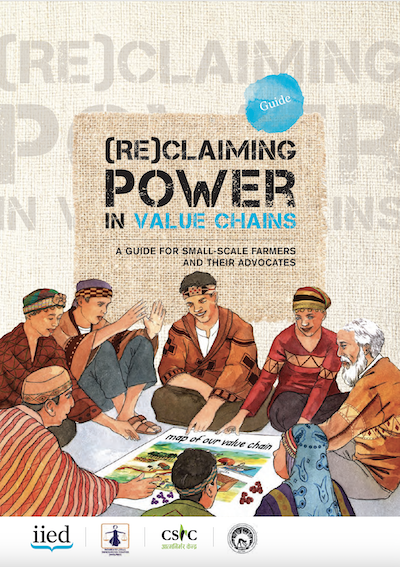HER+ Multidimensional Gender Norms Index in Agri-food Systems
Gender inequalities remain deeply entrenched in many agri-food systems (AFS), limiting the potential of women—especially those from agriculture-dependent communities—to be empowered and to build social and economic resilience to climate change challenges. The Harnessing Gender and Social Equality for Resilience in Agri-food Systems (HER+) initiative will generate learning and evidence on where and how to intervene at a deeper level to disrupt the foundations of inequality in AFS. This effort requires high-quality data.



